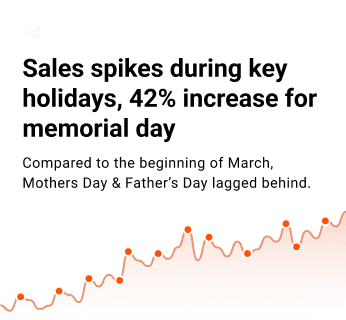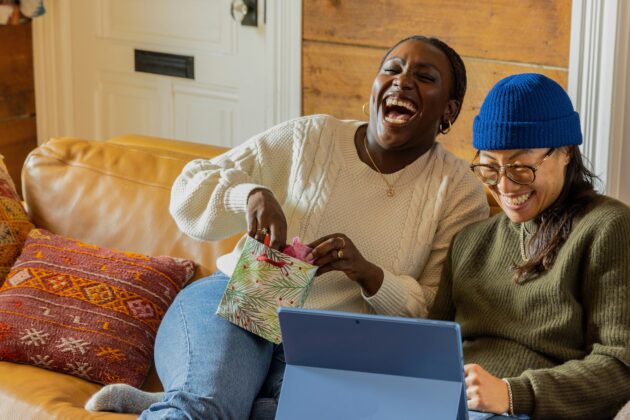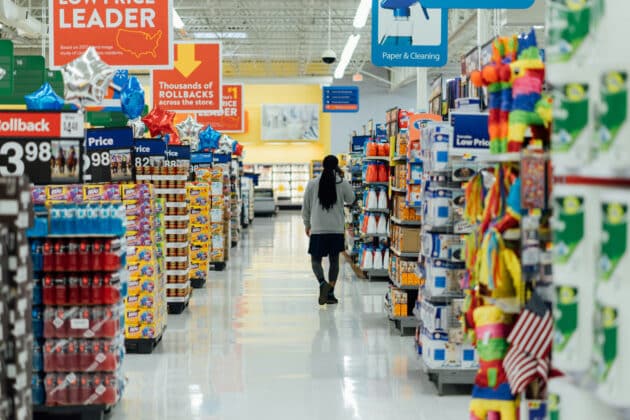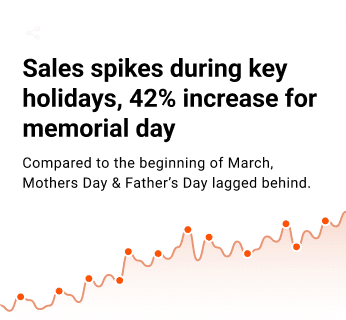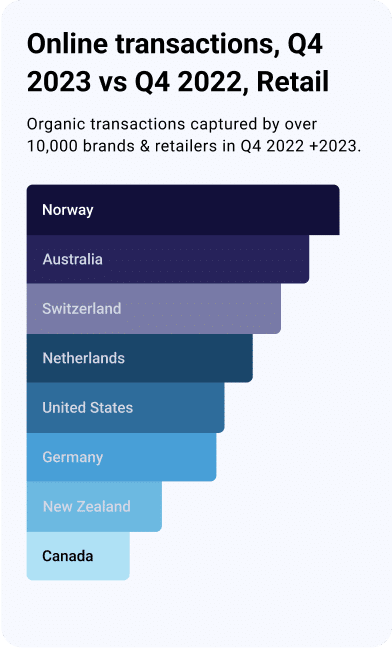With brand safety concerns at an all-time high, advertisers are taking aggressive steps to block ads from running alongside any and all coronavirus-related content. Many find themselves trying to adapt to the new normal, while making decisions with limited resources and information.
In the wake of the coronavirus pandemic, we’ve seen a rapid decline in ad revenue for news publishers due to ad blocking and blacklisting. But as the crisis has crept into all facets of everyday life, advertisers are finding that trying to avoid all connection with news sites may not be a sustainable strategy.
As many of us around the globe shelter in place, we look to the news for the latest developments, timelines, and plans for getting through these uncertain times. News viewership has never been higher, yet many established news outlets continue to cut back on staff and budgets. According to USA Today, March brought a 10%-25% drop in news publisher ad revenue, and that’s expected to climb to 30%-50% in Q2 even with readership surging at a similar pace.
While there is no easy path forward, we believe this is the right time to adapt the approach and think about how we shift strategies for the betterment of the industry. Let’s take a step back to understand the importance of our actions, and what we can be doing to help support the sustainability of the news.
Ethical Considerations
Advertisers play an essential role in funding the free flow of information, especially the news. We encourage advertisers to consider this power and the impact of their actions when making tough decisions. In a time like this people need to be able to access accurate, reliable news for the benefit of the greater good. We all need to protect and invest in the news that helps people stay informed.
Gannett Media, owner of USA today and of one of the largest newspaper companies in America announced massive furloughs and pay cuts across the company last month due to declining advertising revenue in the wake of coronavirus. With other major companies facing similar hardships, we begin to see a reduction to the amount of news that they’re able to curate, produce, and distribute. If we’re seeing this trend with a company like Gannett, you can bet the smaller, local news publishers have it just as bad, if not worst.
Economic Considerations
Ironically, despite the downturn in publishers’ revenue, advertisers and brands could be missing out on a huge opportunity. There has never been a better time to invest in digital media. In a recent conversation with Matthew Hogg, VP of Publisher Partnerships at Criteo he says “Right now you’re seeing inventory prices that are lower than they’ve ever been in digital media, we’ve seen a 30% to 40% decline in CPMs”. Hogg goes on to explain that because of this, advertisers have the option to buy some of the highest quality and performing media cheaper than ever before.
Another notable advantage brands could be missing out on is building trust. Brands have a unique opportunity to associate themselves with highly trusted news outlets. Regardless of the actual news content, this can have a long-lasting effect on how consumers and prospects view a brand for years to come.
Practical Considerations
Whether you buy into this ethical argument of investing in the news or the economic stance of a value buy, all businesses are in a position where tough choices need to be made. With the pandemic now a mainstream topic we see an opportunity for a more surgical approach to ad blocking and blacklisting.
Not all references to Coronavirus or COVID-19 need to be blocked. In fact, there may be some truly uplifting articles that brands might want to be associated with. Instead of blocking every exact match for COVID-19, advertisers should be filtering the negative terms like “Corona deaths” or “COVID Death toll”. This simple strategy can have a profound impact on publisher revenue.
CNBC recently wrote: “Now that the virus has touched virtually every facet of society, ad industry experts argue, there should be no stigma for running ads on stories tied to the pandemic.” Publishers and news organizations are losing money despite the increase in traffic and page views, but we have the opportunity and the tools available to make a positive impact.
We see many publishers doing their part, dropping paywalls to coronavirus related content. Other ad tech companies are whitelisting many news publishers from keyword blocking, and more and more advertisers are starting to understand that brand safety can be much more than blocking or not blocking.
During an interview with AdAge, Chad Mizee, Senior Director-Global Media and Digital Excellence at J&J recently announced they will no longer be blacklisting coronavirus content, saying “ We did early on when there was some, I think a lot, of fake news going around. But since the end of March we have relaxed all of that, and I think it’s super important that we are investing alongside our publishing partners that are providing valuable information to the public.”
With the pandemic seemingly far from over, it’s the news that is one of the most important outlets for information at this time and we need to do our part to support the free flow of that information, not get in its way.
See my full one-on-one conversation with Matthew Hogg below.












